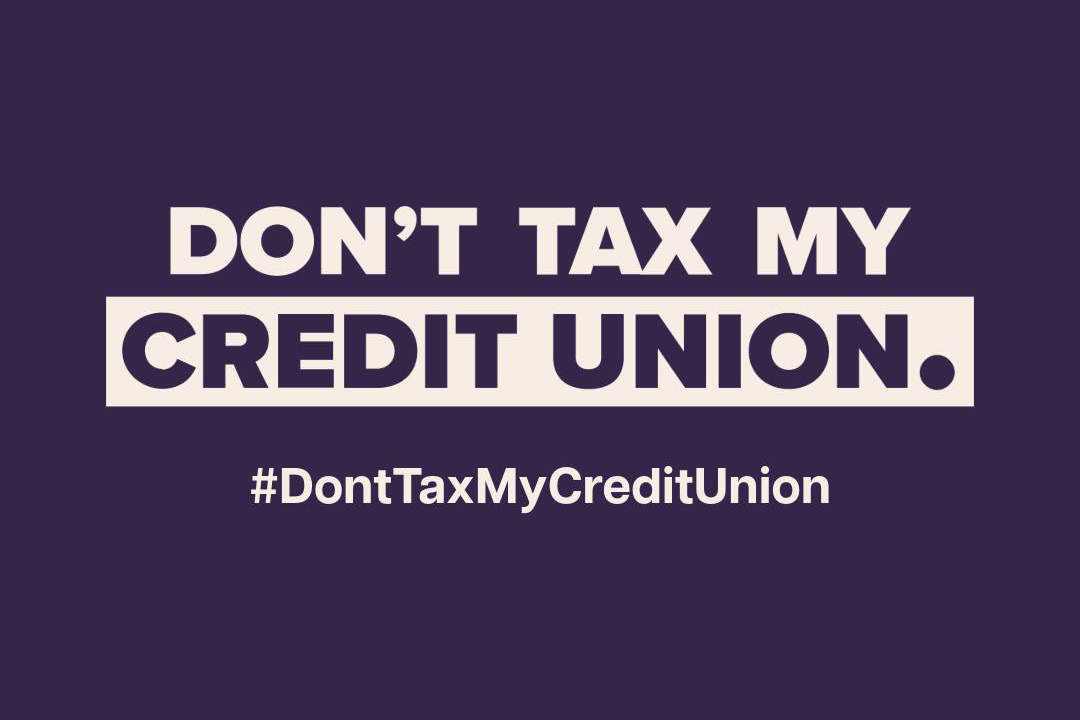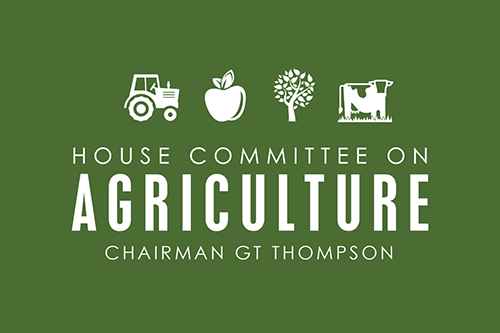
The U.S. Treasury Department released data on borrowers participating in the Small Business Administration’s Paycheck Protection Program (PPP) this week on loans of $150,000 and greater that provides a partial window into how cooperatives and cooperative lending institutions, once made eligible, were able to save jobs with the program. The data further evidences the good things that can happen when cooperatives work together for fair treatment in government programs.
This data accounts for just under 20 percent of all loans issued through the program, meaning that more than 80 percent of PPP loans were issued in amounts of $150,000 or less. Nevertheless, there is much to be learned from the data made available.
The data shows that 1,851 businesses that received PPP loans of $150,000 or greater identified as cooperatives.
The data shows that 1,851 businesses that received PPP loans of $150,000 or greater identified as cooperatives. Of these PPP loans to cooperatives:
- 897 loans were in amounts between $150,000 – $350,000
- 609 loans in amounts of $350,000 – $1,000,000
- 231 loans in amounts of $1,000,000 – $2,000,000
- 101 loans in amounts $2,000,000 – $5,0000,000
- 13 loans in amounts $5,000,000 – $10,000,000
Cooperatives reported these loans preserved 93,643 jobs. The most PPP loans to co-ops were issued in California (238), New York (199), Minnesota (116), Texas (90) and Illinois (80).
PPP loans are issued through private lenders and 100 percent guaranteed by the Small Business Administration (SBA). Businesses were encouraged to contact lenders with whom they had an existing relationships. Forty different financial services cooperatives participated in PPP as lenders, including National Cooperative Bank, CoBank, other farm credit lenders and numerous credit unions. Nearly 15 percent of all PPP loans to cooperative businesses in the amounts greater than $150,000 were originated by financial services cooperatives.
As of the end of June, 5,461 lending institutions have participated in the program. Nearly 1,000 credit unions and farm credit lenders originated more than 211,000 loans amounting to $11 billion and protecting 1.3 million jobs.
Nearly 1,000 credit unions and farm credit lenders originated more than 211,000 loans amounting to $11 billion and protecting 1.3 million jobs.
The Paycheck Protection Program received approximately $660 billion in guarantee authority since the program’s inception in March as part of the CARES Act. The original deadline to apply for PPP loans was June 30, but has been extended to August 8, 2020. Approximately $130 billion remains available.
It should be noted that the data, like the program itself, is imperfect. Since the release of the report earlier this week, numerous reports have indicated that there are errors in the data.
PPP loans were an option available to most cooperative businesses, thanks to the advocacy of the cooperative community and champions on Capitol Hill. NCBA CLUSA has advocated for co-ops to be eligible for all federal programs in response to the COVID-19 crisis.
In March, NCBA CLUSA President and CEO Doug O’Brien wrote to leaders in Congress and the Administration on this issue, stating, “Despite competing in the market like all other types of businesses, cooperatives remain ineligible for many federal programs. While I look forward to more in-depth discussions about the eligibility of cooperatives, at present, it is critical that you ensure cooperatives are explicitly listed as eligible entities for the federal assistance made available by Congress, including issues related to tax relief, small business loans and others.”
Two weeks later, as Congress began to consider legislation to address the economic and health impacts of COVID-19, NCBA CLUSA led a coalition of cooperative association CEOs urging the inclusion of cooperatives in the federal response. This letter resulted in expressly making cooperative businesses eligible for Economic Injury Disaster Loans and Grants, as well as many cooperatives being eligible for PPP.
The Paycheck Protection Program has seen numerous changes in just the three months that it has been available. In April, the Treasury Department issued guidance to make clear that electric cooperatives were eligible borrowers for PPP loans, and a few days later, made clear telephone cooperatives were also eligible.
More information on NCBA CLUSA’s advocacy work related to COVID-19 and the Paycheck Protection Program are available on our website at ncbaclusa.coop/covid-19-resources.


